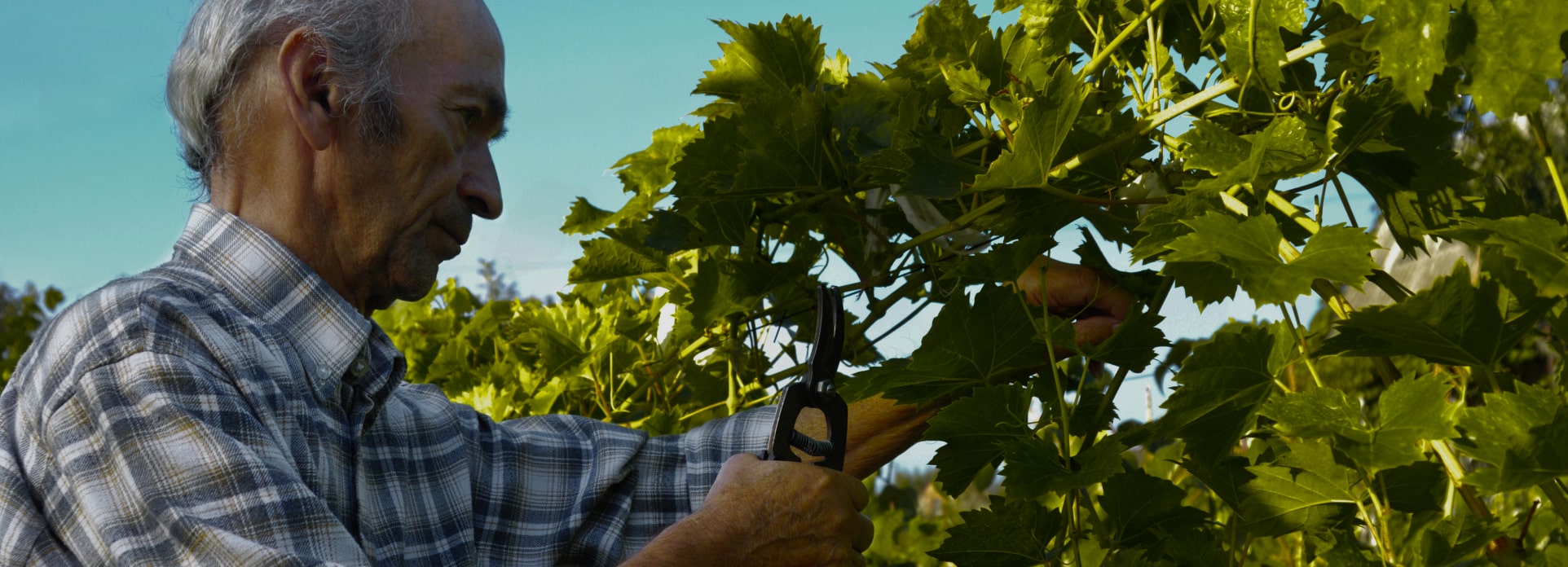
Also called mechanical control, it is a practice that involves perseverance and determination to prevent the development of the fruit fly. Among the activities that are carried out as part of this control are to keep the soil free of decomposed fruits, collecting them immediately, keeping the field clean, and carrying out sanitary pruning.

For this type of control, the behavior and life habit of the insect itself is taken advantage of for its control, in the case of fruit flies, the eating habits they have are taken advantage of, especially of females that ingest substances rich in proteins and feel attraction. towards nitrogenous – ammoniacal substances.
We mainly use physical stimuli to stop pests that we consider threats to our crops, such as attractive traps, including light traps and others with sticky substances, in the latter the location and height must be taken into account for optimal results.

We promote organic practices for pest management in our fields.
We use organic pesticides such as saponin and extracts such as cinnamon, garlic, pepper, citrus and sesame oil, as well as bacteria (Bacillus sp.) To control pests.
As a result, we are using fewer pesticides with fewer applications on our non-organic produce, thus reducing any residue on our fruit.
In the same way, only when our pesticides are not enough we have developed a policy for the appropriate use of “non-organic” pesticides in our fields, and to always protect our crops against weeds, pests and diseases, complying with our objectives of sustainable agriculture and protecting the environment.














